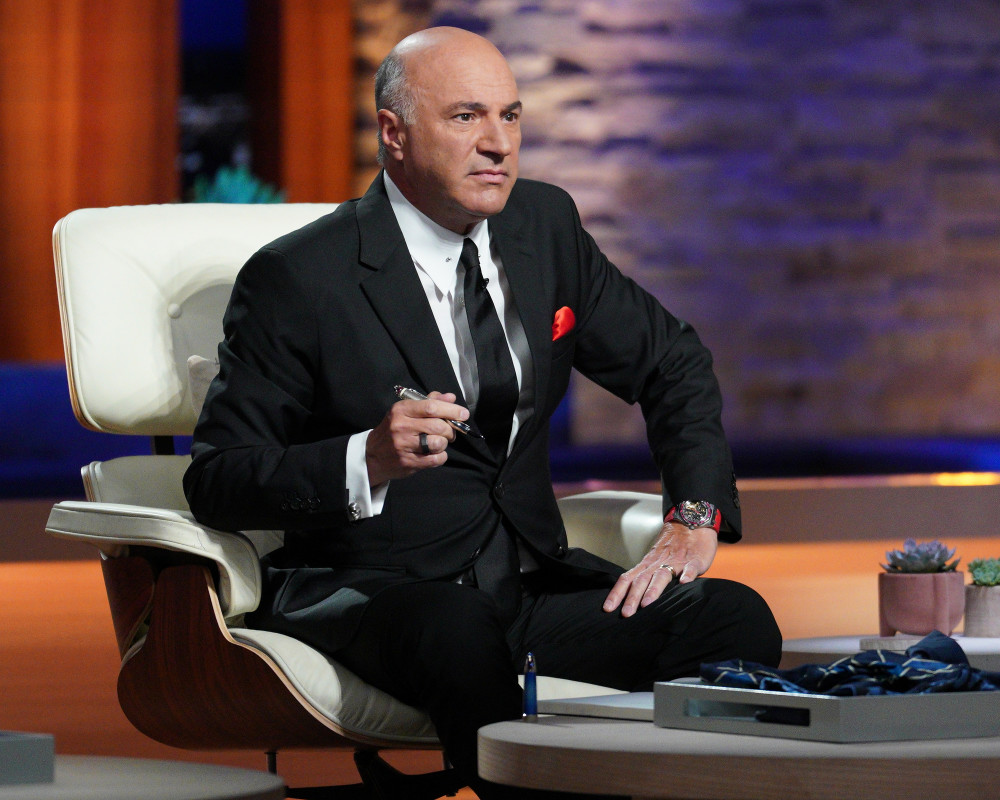
Owning bitcoin used to be only for those who knew how to access blockchain technology, but now, thanks to the first Bitcoin ETF, anyone can own the cryptocurrency. Shark Tank’s Kevin O’Leary sat down with TheStreet to explain why he prefers owning Bitcoin directly over the ETF.
Related: Kevin O’Leary’s net worth: 'Shark Tank' investments, businesses & more
Full Video Transcript Below:
SARA SILVERSTEIN: And let's talk about Bitcoin and the Bitcoin ETF. Do you feel differently about the two as investments?
KEVIN O'LEARY: I think it's great that finally we have a Bitcoin ETF because there's many people that would own Bitcoin through an ETF. I would never do that. Why would I pay the fees? There's no added value to an ETF. I just own the coin directly. What I really like about it is it's sending a signal that the era of the crypto cowboy is over and that now financial services companies that are forced, and want to be regulated because that's how they do business, can start to embrace crypto technology, including digital payment systems, into their portfolios. And so the first step is this Bitcoin ETF, and it was well received. And obviously you could argue some element of Bitcoin's appreciation because it's been a great asset class in the last two years, is as a result of the demand through the mark to market and spot pricing of the creates that you have to do in an ETF. You need the coin.
I think the challenge we still have is FTX is gone. Binance is being litigated into oblivion. Both those founders are awaiting sentencing. Binance CEO is now a felon. So if you're an institution that had an account on there, your compliance department probably isn't going to let you keep it. So where does all that go? That is going to Abu Dhabi with the new M2 exchange. And I'm a shareholder in that through a public company on the ADX over there called Phoenix technology. I'm a big believer in owning the platforms that are compliant. So the Canadians have it. One DeFi is their largest. It's got 101.6 million accounts completely regulated by the OSC, which is their version of the SEC. We don't actually have an exchange here yet that's clean with the SEC because the SEC is still suing Coinbase. So we've still got some work to do domestically, but there's only 40% of coin held in the United States. The other 60% is abroad. And that's where M2 is just sucking up all the assets. So and that is completely compliant with the ABGM. I think that in the next five years, digital crypto, digital payment systems, The Stablecoin Act going through congress, these are all positive elements to where we're going with this technology. It's going to make it more efficient, more transparent, faster, cheaper. I understand a lot of people don't like Bitcoin and they shouldn't own it then, but I certainly own it. To me, it's just digital gold.
SARA SILVERSTEIN: And outside of the investments in the platforms and things like that, what percentage of your investments would you say that you have in the coin?
KEVIN O'LEARY: I use it as a 5% weighting right beside gold at a 5% weighting, and I trim it every quarter based on its appreciation or decline of value because it's liquid. And I obviously use exchanges that are compliant to do that. But I don't know why anybody. You don't need to put bet the farm on bitcoin, but why not use it the same way you would for an alternative asset like gold? So gold's 5%, Bitcoin's 5% But I also own H-bar Solana, Manic, Polygon, a lot of other different technologies, which I see have merit in use cases. So I'd say right now total crypto holdings sort of sitting around the 11% of the portfolio.







